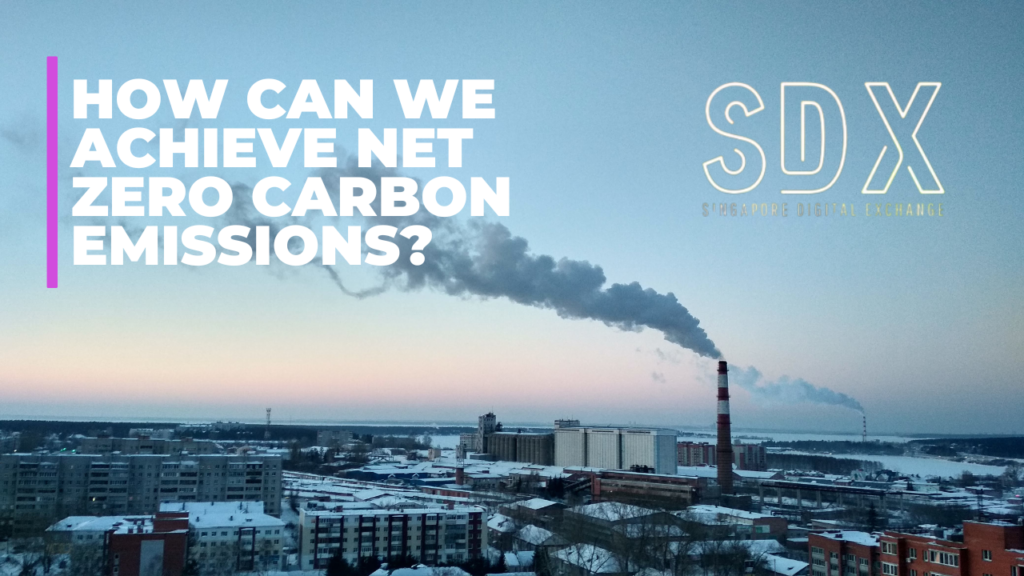New Tools to Forecast Energy Access and Promote Energy Equity
Access to energy is a critical component of sustainable development, yet millions worldwide still lack reliable electricity. Advancements in technology have made it possible to address this challenge by forecasting energy access and modeling energy equity. This article explores how new tools can support equitable energy distribution and help bridge the energy gap. The Importance […]
How Carbon Credit Portals Can Support Corporate Decarbonization
As climate change becomes a pressing concern for businesses, decarbonization has emerged as a critical goal for organizations across industries. One of the key tools for achieving this is carbon credits, which allow companies to offset their emissions. This article explores the concept of carbon credit portals and their role in supporting corporate decarbonization efforts. […]
How Asana’s AI ESG Helper is Shaping the Future of Corporate Sustainability
Asana, a leading work management platform, has unveiled its AI-powered ESG Helper, a tool designed to streamline and enhance corporate sustainability efforts. This article explores how AI is transforming ESG (Environmental, Social, and Governance) practices and what Asana’s new tool brings to the table. The Role of AI in ESG AI is increasingly being integrated […]
SBTi’s New Net-Zero Framework: A Blueprint for the Building Sector’s Sustainable Future
The Science Based Targets initiative (SBTi) has introduced a new framework aimed at achieving net-zero emissions in the building sector by 2030. In this article, we examine how this framework provides a clear path for construction and real estate companies to decarbonize and what it means for the future of sustainable building. The Building Sector’s […]
How Microsoft is Addressing Cloud and AI Emissions: Insights into Sustainable Technology
With technology driving the modern economy, its environmental impact is a growing concern. Microsoft, one of the largest tech companies globally, has recently formed a new team to focus on reducing emissions from cloud computing and artificial intelligence (AI). This article delves into how Microsoft is tackling its rising Scope 3 carbon footprint and what […]
IFC’s ClimaLab: A Game-Changer for Tackling Climate Risks in Europe’s Financial Sector
The International Finance Corporation (IFC) has launched ClimaLab, an initiative designed to address climate risks in Europe’s financial sector. In this article, we explore the role of ClimaLab in supporting financial institutions to mitigate climate risks and enhance resilience, while paving the way for sustainable finance practices across Europe. What is ClimaLab? ClimaLab is an […]
How FTSE Russell’s Climate-Aligned Bond Indices are Expanding Sustainable Investment Options
FTSE Russell, a leading global index provider, is expanding its Climate-Aligned Bond Indices to include high-yield and emerging markets. This move reflects the growing demand for sustainable investment opportunities. In this article, we explore what climate-aligned bonds are and how they are reshaping the investment landscape. What Are Climate-Aligned Bonds? Climate-aligned bonds are designed to […]
Achieving Net Zero Carbon Emissions: Strategies and Approaches
Net zero carbon emissions, or carbon neutrality, refers to balancing the amount of greenhouse gases emitted into the atmosphere with an equivalent amount sequestered or offset. Achieving this goal is critical in mitigating climate change and ensuring a sustainable future. This article outlines the strategies and approaches that can be employed to reach net zero […]
Carbon Trading in Developing Economies: Opportunities and Considerations
Carbon trading presents both opportunities and challenges for developing economies aiming to balance economic growth with environmental sustainability. This guide explores the unique dynamics of carbon trading in developing economies, highlighting the potential benefits and considerations these nations must navigate in the pursuit of sustainable development. 1. Opportunities for Developing Economies: 1.1 Access to Climate […]










